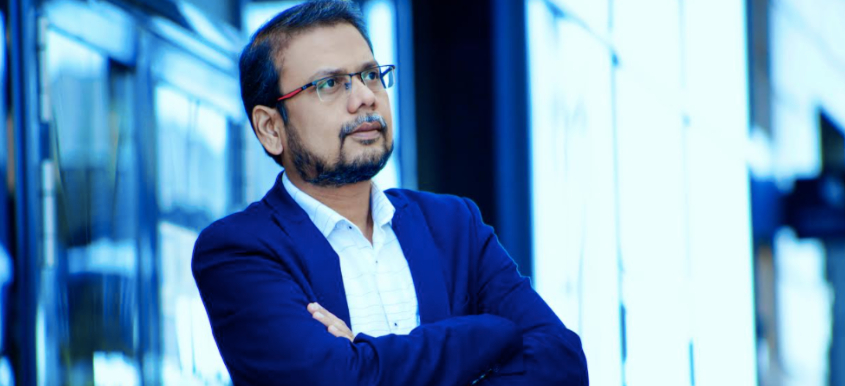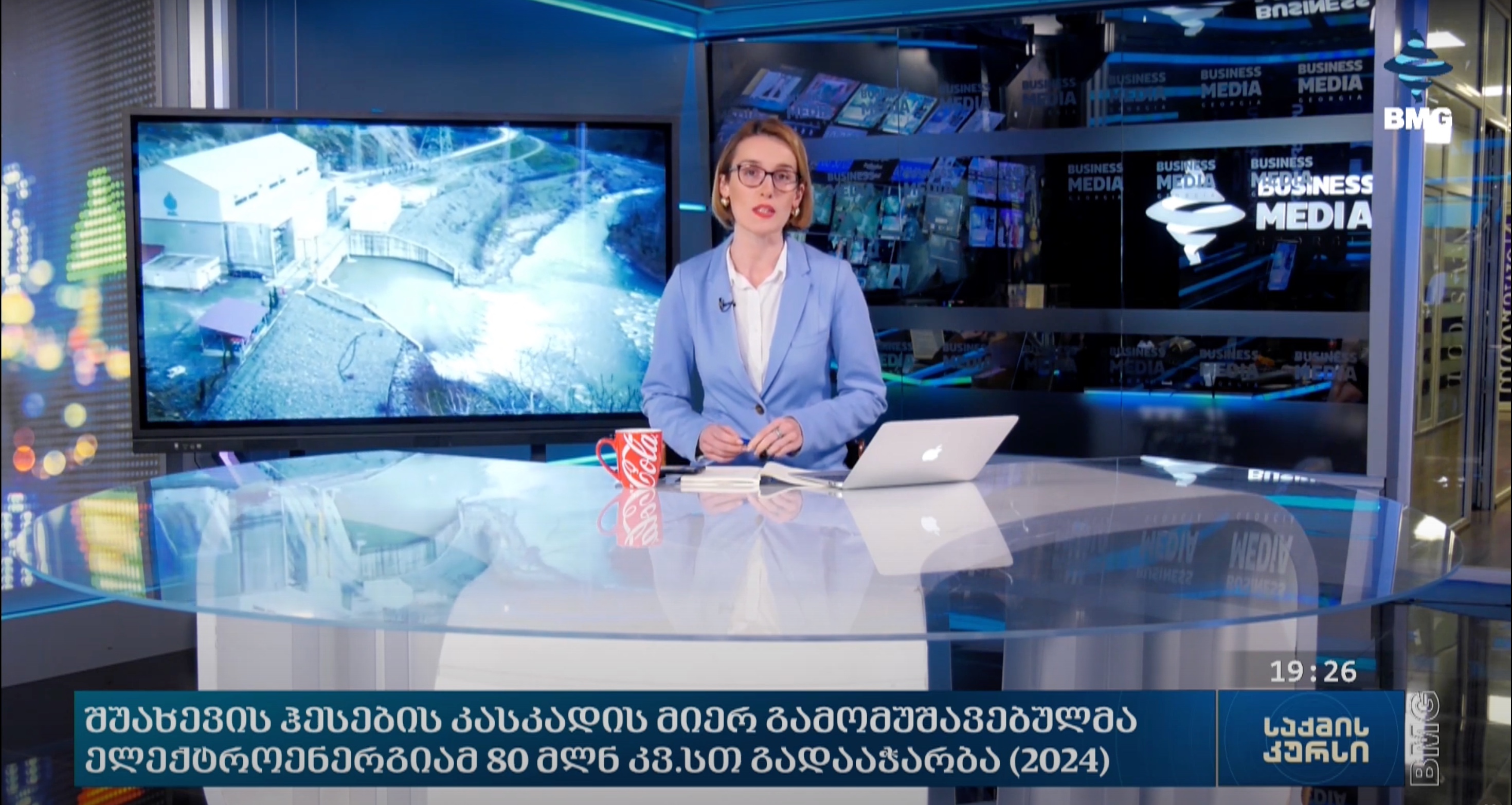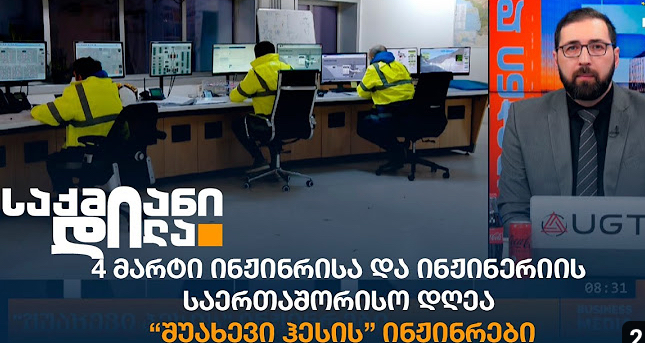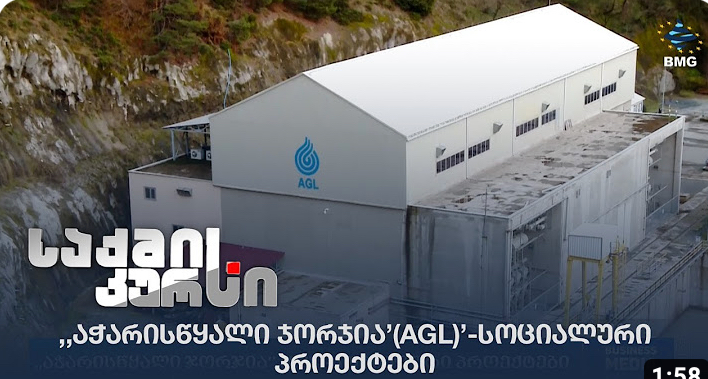სტატიები/ინტერვიუები

COVID-19: ახალი გამოწვევები ენერგო კომპანიებისთვის
Caucasus Business Week
At the beginning of 2020, the world faced a new challenge. COVID-19 significantly affected almost every sector of the economy and drastically changed the world’s agenda.
We spoke about pandemic-related challenges with Rakesh Naik, the CEO of Adjaristsqali Georgia LLC. He manages the Shuakhevi Hydropower Plant (HPP), one of the largest energy projects in the history of independent Georgia. The Shuakhevi HPP began operation in the spring of 2020, and the electricity it has generated has resulted in an 8% increase in the electricity generated by seasonal hydropower plants in Georgia compared to last year. This helped reduce Georgia’s dependence on imported electricity.
Mr. Naik, 2020 was full of challenges throughout the world, including Georgia, but the beginning of operation of the Shuakhevi HPP is a small positive event to come out of that year. What can you tell us about the operation and what stage are you in now?
The Shuakhevi HPP began operating in the spring of 2020, and electricity is currently being generated without any major operational issues. Today and in the future, the electricity the Shuakhevi HPP generates will play an important role in decreasing Georgia’s dependence on imported electricity.
Speaking about the pandemic specifically, how did it affect daily operations and how did you manage your day to day operations?
In early 2020, when the first signs of the pandemic started to emerge, we came up with an action plan. On the one hand, we needed to protect the health of each employee. That was the most important thing for us. At the same time, we needed to ensure the flawless and uninterrupted operation of the hydropower plant. In just a few days, we developed new internal regulations in accordance with international standards and best practices. We created a platform to enable remote work, and a large number of employees began working online from home. Only the optimum number of essential Operation & Maintenance staff without whom the HPP would simply not function remained at the site and worked on alternate week work schedule. We are still following these practices and are continuing to do our best to protect our employees’ health, prevent the spread of the virus in our workplace, and ensure a safe and comfortable working environment for all of our employees.
In line with GOG guidelines, we developed an Emergency Response plan to act during this situation. All the operational areas are disinfected at a specified frequency. The housekeeping staff ensured continuous cleaning of all the work areas. All employees were provided with face masks, face shields, and hand gloves. Each employee including visitors and contractors has to log the details, any symptoms, and body temperature, and these records are maintained. Weekly health check-up of all employees was conducted to identify any such cases at an early stage.
How did you help the community around you during this pandemic situation?
AGL has established its CSR policy and adheres to it. Understanding the situation, AGL extended help to the community in coordination with local Municipalities and Government authorities. Assistance was provided to the most disadvantaged and socially vulnerable families in communities with "Grocery baskets". Around 140 households in14 villages were benefited from this initiative. A newly opened hospital in Batumi was assisted by providing medical inventory to fight against Coronavirus. All the employees of AGL volunteered by monetary contribution to this great cause.
Local Hospitals in Khulo & Shuakhevi municipality were provided with the necessary assistance for around 150 medical personnel.

When the pandemic is over, what impact do you think it will have on the energy sector?
It’s a little difficult to speak about specific figures at this point. In fact, it’s difficult to make any real projections about the directions the energy sector will take even in the short term since any event can significantly affect it. In this case, we are dealing with a global challenge that has entirely changed the way the world functions.
The business sector relies on people who create a product, whether that product is electricity or anything else. This is a difficult and challenging time for each of us. We are facing the loss of people we care about, and economic conditions have worsened for so many people, with large numbers left unemployed. This naturally affects us all. One of the challenges management has to face is to do its best to keep each job, create flexible workspaces for each staff member, and build a strong, united team.
COVID-19 once again reminded the modern world how global risks and threats affect each field. However, I believe that any crisis is a way to see new opportunities. I think that in the long term, companies will be able to use these challenges as opportunities to develop themselves in different directions. In this particular crisis, I think we were able to focus on increasing the role of digital technologies, creating new and strengthening existing internal and external communication platforms, and becoming more flexible both as a company and as an industry.



